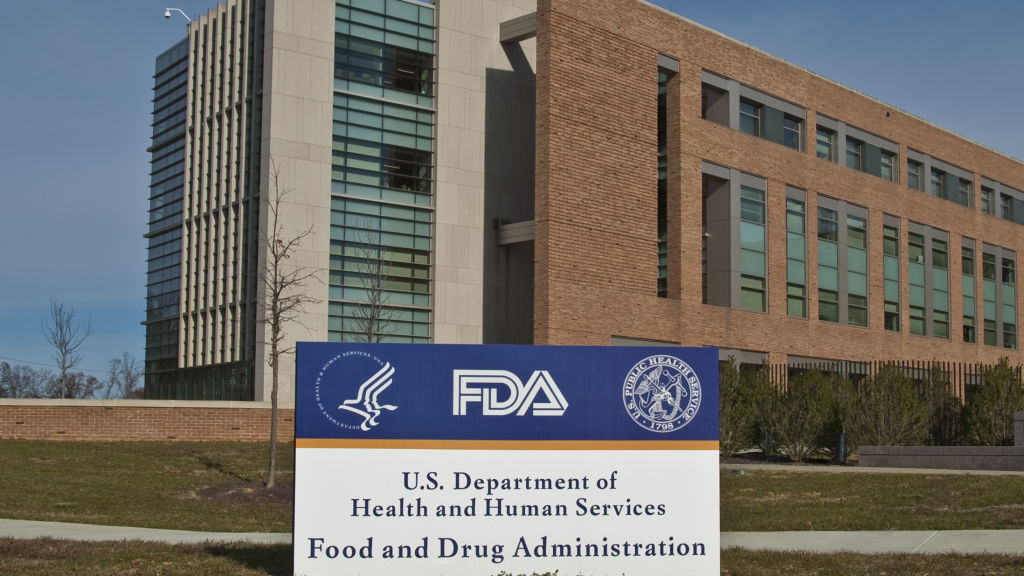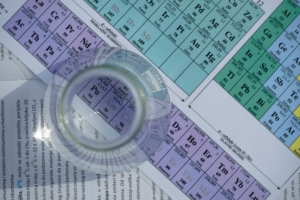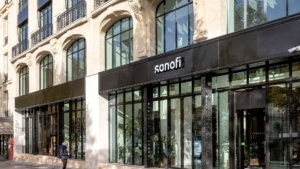
ODAC greenlights Novartis’ CAR-T cell therapy CTL019
Swiss Novartis is about to receive the very first market approval (BLA) for a CAR-T cell cancer therapy globally. The FDA's Oncologic Drugs Advisory Committee (ODAC) recommended approval of CTL019 (tisagenlecleucel) for the treatment of the orphan B-cell blood cancer ALL.
We’re very proud to be expanding new frontiers in cancer treatment by advancing immunocellular therapy for children and young adults with r/r B-cell ALL and other critically ill patients who have limited options, said Bruno Strigini, CEO, Novartis Oncology. ALL is the most common childhood cancer in the US. According to figures provided by Novartis, five-year disease-free survival is less than 10-30%.
Novartis’ lentivirally transduced chimeric antigen receptor T cell (CAR-T) therapy targets the CD19 antigen, expressed on all B cells, which results in the destruction of the corresponding arm of the immune system needed before allogenic bone marrow transplantation. In the light of a response rate of impressing 82.5% in pediatric and young adult ALL patients refractory to chemotherapy, the ODAC voted 10 – 0 for market authorisation of CTL019. However, clinical results seem to confirm the observation that response to CAR-T cell therapies might be generally linked to uncontrolled hyperactivation of the patient’s immune system: 47% of ALL patients enrolled in the ELIANA trail experienced severe cytokine release syndrome (grade 3-4), which, however, was manageable by immunosuppression (particularly IL-6-inhibitors) but require training of the medical staff.
Variations in quality attributes, potency, and transduction efficiency of Novartis’ biological cell therapy CTL019, however, did not translate into changed safety or efficacy, according to statistical analyses. However, as long-term effects of cell therapies are still virgin territory, and the FDA’s recommendation is based on a very low number of patients enrolled in the pivotal trails (CTL019 has FDA breakthrough designation), Novartis said it will conduct a 15-year follow-on safety assessment.
CTL019 is a lentivirally transduced CAR-T B cell therapy in which a patients B cells are isolated by cryopreserved leukapheresis, and genetically engineered to express a chimeric T cell receptor containing the CD19 B cell antigen linked to a co-stimulatory domain including the CD3zeta and 4-1BB proteins.
Novartis expects to get a decision from the FDA by October. Competitor Kite Pharma’s candidate drug axicabtagene ciloleucel (KTE-C19), a CD19-targeting CAR T cell therapy being filed for non hodgkin lymphoma, expects the FDA decision in November. Novartis plans further filings for CTL019 in the US and EU later this year, including applications with the FDA and European Medicines Agency (EMA) for the treatment of adults with r/r diffuse large B-cell lymphoma (DLBCL).
CAR T cell therapies, however, have led to several deaths in the past. In May, Novartis’ competitor Kite Pharma reported that a patient had died from cerebral edema following administration of KTE-C19 in a late-stage clinical trial. Four patients treated Juno Therapeutics’ CAR-T cell treatment JCAR015, died in July 2016 by the condition in which excessive fluid causes the brain to swell.




 SANOFI
SANOFI